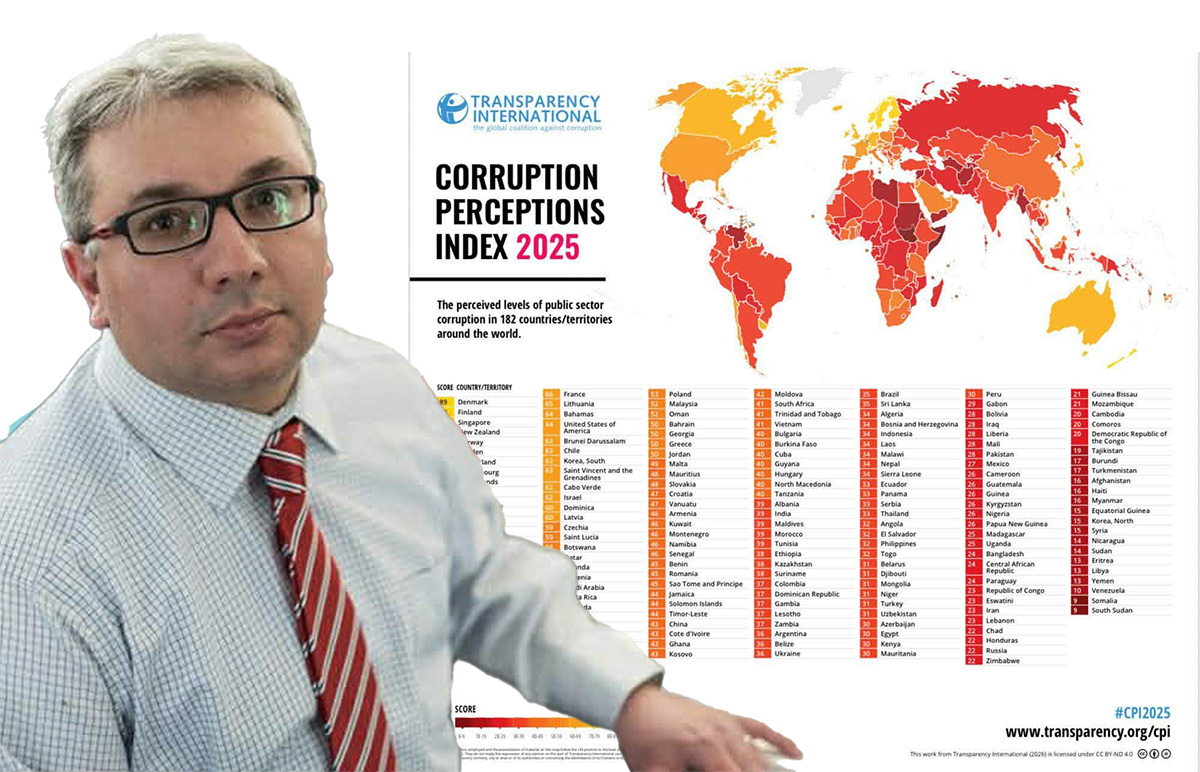U.S. aid bill for Ukraine foresees development of long-term aid strategy
18.04.2024 ნახვები: 536
According to Ukrinform, the House Appropriations Committee presented a bill "making emergency supplemental appropriations to respond to the situation in Ukraine and for related expenses for the fiscal year ending September 30, 2024, and for other purposes."
According to the document, $60.84 billion will be allocated for these needs, including $23.2 billion that will be used for replenishment of U.S. weapons, stocks, and facilities.
Up to $13.4 billion will be used for the replacement, through new procurement or repair of existing unserviceable equipment, of defense articles from the stocks of the Department of Defense, and for reimbursement for defense services of the Department of Defense and military education and training provided to the government of Ukraine.
The document also provides for the transfer of long-range ATACMS missiles to Ukraine.
"As soon as practicable after the date of enactment of this Act, the President shall transfer long-range Army Tactical Missile Systems to the Government of Ukraine to assist the Government of Ukraine in defending itself and achieving victory against the Russian Federation," the bill reads.
At the same time, the U.S. president can suspend the transfer of ATACMS missiles if it is detrimental to the national security interests of the United States.
It is stated in various sections of the document that $7.9 billion and $1.6 billion is provided in the form of a loan ("economic support fund"). No later than 60 days after the entry into force of the act, the president shall conclude an agreement with the government of Ukraine on the return of this aid to the United States. However, this loan can be written off with the approval of Congress.
Within 45 days after the adoption of the law, the State Department and the Pentagon must provide the relevant congressional committees with "a strategy regarding United States support for Ukraine against aggression by the Russian Federation." The strategy should establish specific and achievable objectives, define and prioritize U.S. national security interests, and include the metrics to be used to measure progress in achieving such objectives.
"That such strategy shall describe how each specific aspect of U.S. assistance, including defense articles and U.S. foreign assistance, is intended at the tactical, operational, and strategic level to help Ukraine end the conflict as a democratic, independent, and sovereign country capable of deterring and defending its territory against future aggression," the bill reads.
House Republican leadership on April 17 unveiled the legislative text for three bills that are part of a complicated plan by Speaker Mike Johnson to get aid to U.S. allies while addressing concerns from conservatives.
The three bills would provide $26.4 billion to support Israel, $60.8 billion to bolster Ukraine and $8.1 billion to counter China in the Indo-Pacific, including billions for Taiwan.
House Speaker Mike Johnson said he would give lawmakers 72 hours to review the legislation, teeing up a vote as soon as Saturday.
Johnson said on Wednesday that the vote on aid bills, including one that provides assistance for Ukraine, would take place this Saturday, April 20.

































